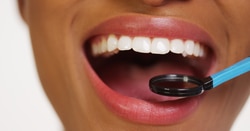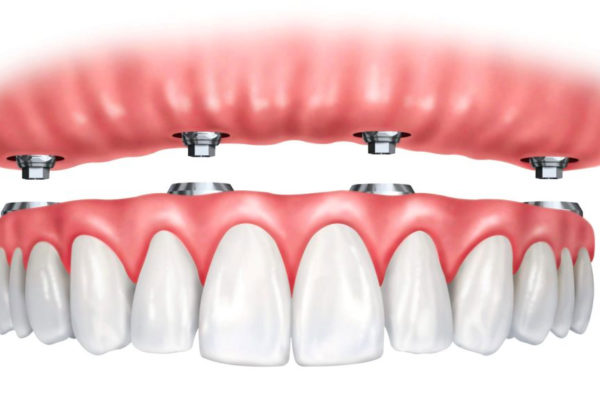Philadelphia Dry Mouth Causes and Dangers
 Dr. Maurry Leas and Dr. Jonathan Siegel are two of the leading dentists in the greater Philadelphia area. This is because of their commitment to restorative dentistry that enhances dental wellness and the latest in cosmetic dentistry to make smiles look their very best. Preventative care and treating general dental health issues remains one of the cornerstones of the practice, however, which includes treating problems such a tooth decay, chronic bad breath, and dry mouth. We’d like to use this post to look at the issue of dry mouth in greater detail.
Dr. Maurry Leas and Dr. Jonathan Siegel are two of the leading dentists in the greater Philadelphia area. This is because of their commitment to restorative dentistry that enhances dental wellness and the latest in cosmetic dentistry to make smiles look their very best. Preventative care and treating general dental health issues remains one of the cornerstones of the practice, however, which includes treating problems such a tooth decay, chronic bad breath, and dry mouth. We’d like to use this post to look at the issue of dry mouth in greater detail.
What is dry mouth?
Also known as xerostomia, dry mouth refers to the lack of saliva in the mouth. When moisture is missing in the mouth, it can lead to a number of annoyances and inconveniences, though it can also mean major dental health problems.
Some of the common causes of dry mouth include:
- Stress and anxiety
- Dehydration
- Drinking alcoholic beverages
- Side effects of certain medication
- The use of narcotics
- Blockage of the salivary glands
- Nerve damage affecting saliva production
- Lowered saliva production due to advanced age
Simple Problems Associated with Dry Mouth
When it comes to relatively minor problems related to dry mouth, the most common issues are difficulty speaking, problems chewing and swallowing, and general discomfort. Dry mouth can also make bad breath more pronounced, which can lead to embarrassment in social settings.
More Serious Problems Associated with Dry Mouth
Dry mouth can make tooth decay, tooth erosion, and gum disease progress faster since saliva is not present to remove food particles and help remineralize the teeth. In some cases, dry mouth may be the sign of a serious dental problem, such as oral cancer or some other kind of medical condition.
Treatment Options for Dry Mouth
The most common treatment options for dry mouth are quite simple in a number of instances. If patients have blocked salivary glands, dentists may recommend that patients suck on sour candies. This helps promote saliva production, which may be able to unblock the salivary glands without advanced treatment.
For persistent dry mouth, dentists may recommend different kinds of artificial saliva products and mouth moisturizers. The artificial saliva often comes in spray, gel, or lozenge form and can add moisture to the mouth when it is missing.
If your reduced saliva production is coupled with other serious symptoms, be sure to meet with your general practitioner to find out if you are suffering from a major health problem of some kind. Getting treatment sooner rather than later is best for your future wellness.
Dry Mouth Prevention: Tips for Optimal Dental Hygiene
In order to prevent dry mouth, we recommend the following:
- Stay well hydrated with water through the day
- Be wary when consuming alcoholic beverages or coffee
- Avoid using tobacco products
- Chew on sugar-free gum to help promote saliva production
Schedule a Consultation with Dr. Maurry Leas and Dr. Jonathan Siegel
To learn more about treating and preventing dry mouth and how you can have a healthy and beautiful smile, we encourage you to contact our cosmetic and restorative dentistry center today. The team at Dentistry at 1818 Market St. looks forward to your visit and helping you achieve all of your dental health goals.




























